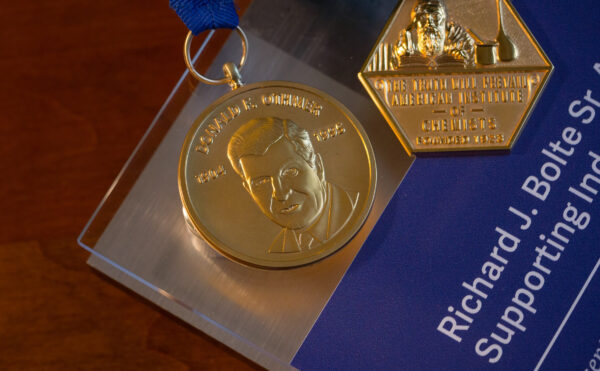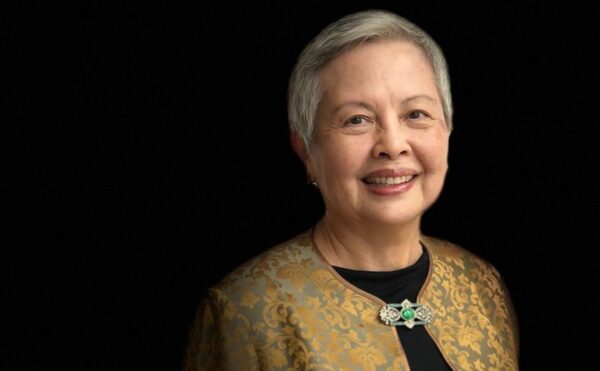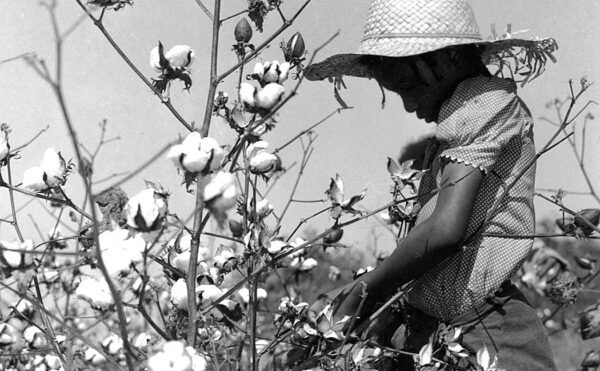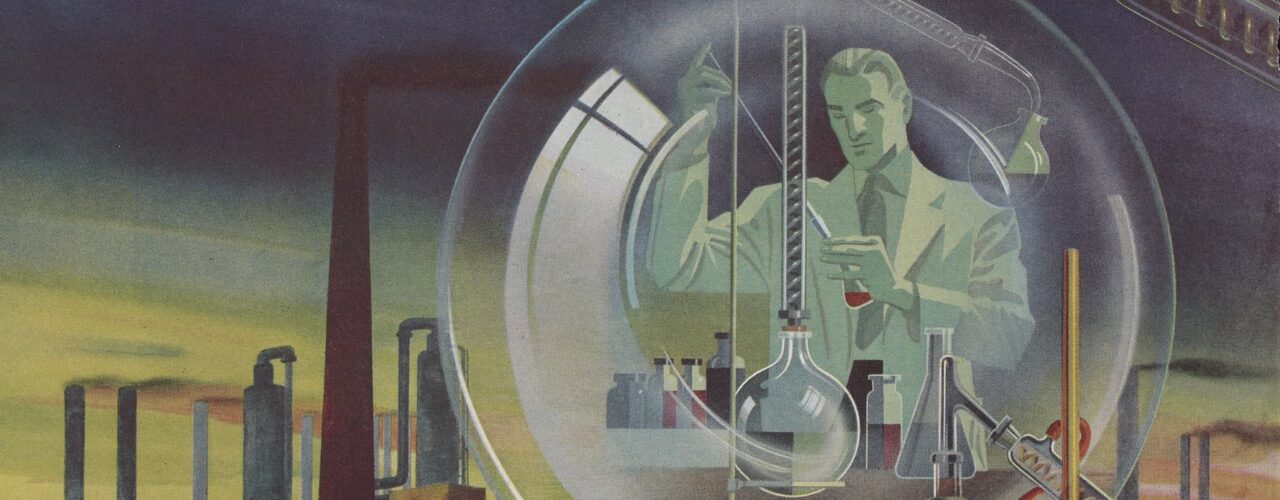
Institute to Host Consortium for History of Science, Technology, and Medicine
Five-year agreement allows the collaborative membership organization to remain in Philadelphia.
The Science History Institute is pleased to announce a new collaboration with the Consortium for History of Science, Technology, and Medicine, a membership organization that brings together leading cultural and educational institutions from across the globe. The five-year agreement, which allows staff and fellows to use the Institute’s offices, library, and conference room spaces, achieves the goal of keeping the Consortium in Philadelphia where it has been located for the last 15 years.
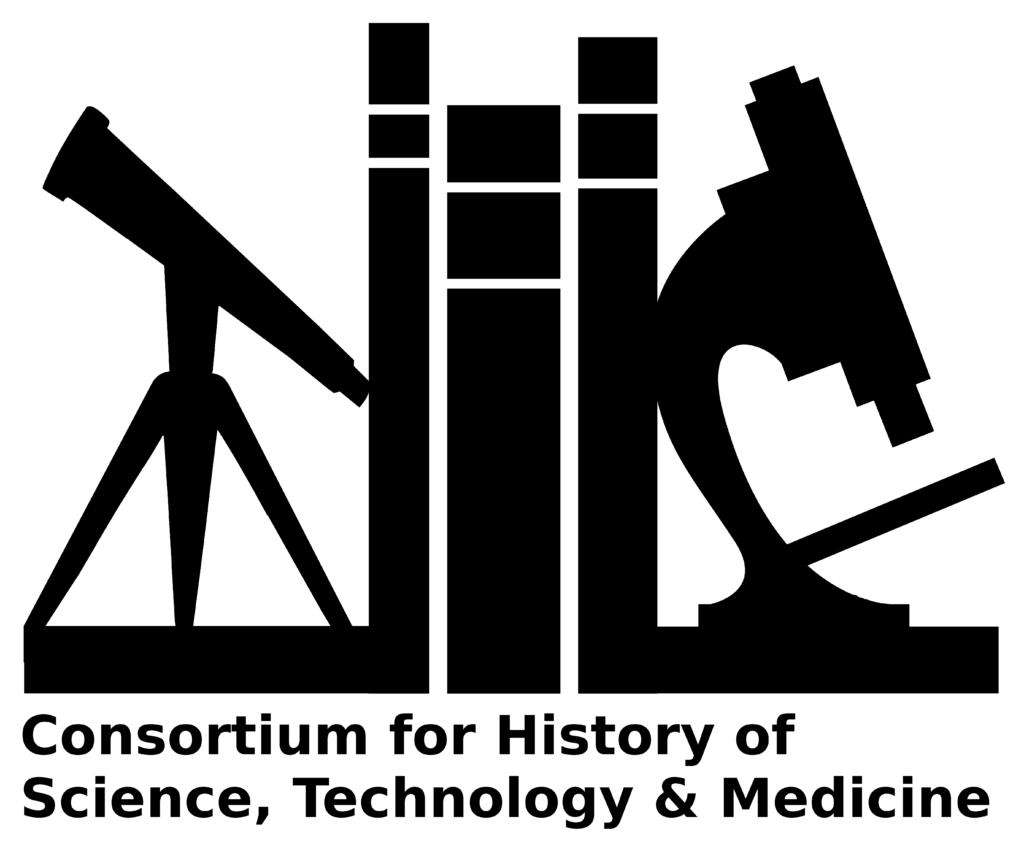
“This collaboration builds upon the longstanding partnership between our two organizations and ensures that Philadelphia will remain a global center for the history of science,” said Institute president and CEO David Cole. “This will create more opportunities for our fellows and staff to interact with each other, whether it’s at a Consortium working group meeting or an Institute-led program like First Friday.”
Established in 2007 as a regional alliance of Philadelphia-area institutions, the Consortium has grown into a highly successful collaboration of universities, independent libraries and museums, and professional societies from around the world. Its goal is to make the collections and scholarly resources of its member institutions more broadly available for research in the history of science, technology, and medicine.
“The Institute has been a close partner with us from the start,” said Babak Ashrafi, president of the Consortium. “The new hosting arrangement will help us find new and exciting ways of working with the Institute to connect scholars with each other, and with the resources they need for their work, here in Philadelphia and across the country and the world.”
The Institute’s proposal to host the Consortium was also backed by the University of Pennsylvania’s Department of History and Sociology of Science, a fellow member organization and longtime partner. In addition to having access to Institute facilities, Consortium staff and fellows will also receive courtesy visiting appointments at Penn, which has collaborated with us on other projects, including serving as cohosts of the History of Science Society.
“Seeing all of these Philadelphia-based institutions come together and rally around a common cause—namely, the study of the history of science—is incredibly inspiring and bodes well for the future of the field,” added Beth Linker, department chair and the Samuel H. Preston Endowed Term Professor in the Social Sciences at Penn. “Fostering community in the history of science is vital to its health, growth, and public outreach.”
About the Consortium for History of Science, Technology, and Medicine
The Consortium brings together educational, cultural, and research institutions to promote the history of science, technology, and medicine. An active community that includes scholars, librarians, students, nonprofit leaders, and interested non-academics who care deeply about science, technology, and medicine, past and present, participate in the Consortium’s activities and take advantage of members’ collections and other resources. The Consortium awards fellowships for researchers, produces events for academics and for the public, and provides online resources for teaching, learning, and research.
Featured image: Detail of Medicine for the Millions!, Dow Pharmaceuticals ad, 1943.
More News
Winners of 2025 Science History Institute Awards Announced
Othmer Gold Medal, Bolte Award, and AIC Gold Medal to be presented on May 7 in Philadelphia.
Science History Institute Mourns Death of Board Committee Member Rose Chen
The multiculturalism advocate passed away on January 9, 2025, at the age of 75.
‘Distillations’ Article on Arsenic Featured on Top 40 Favorite History Writing List
Bunk, the University of Richmond’s online history project, names Jayson Porter’s recent piece a best-of 2024.

